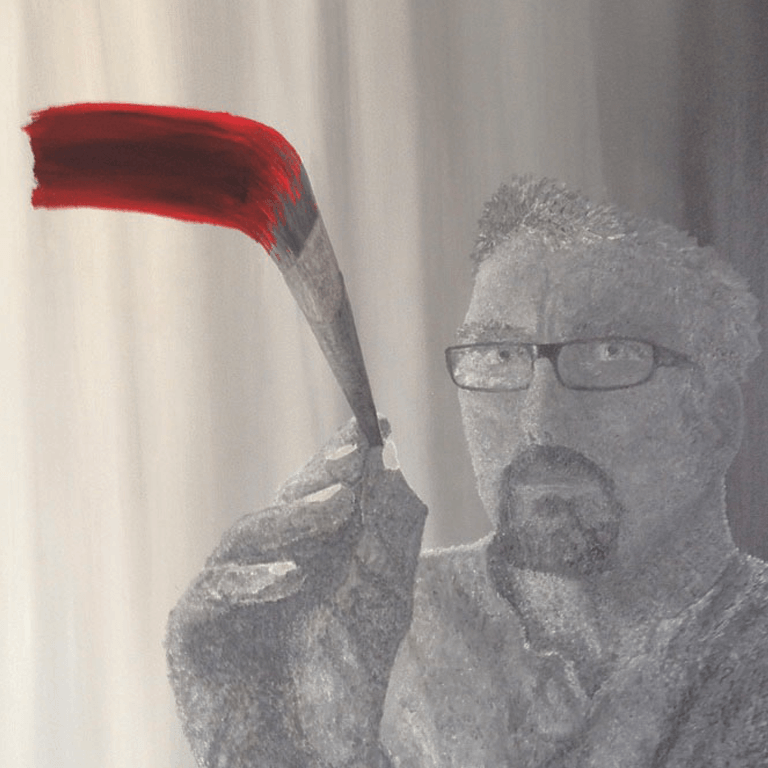The Truth About Capitalism
It Ain't What You Think

During these times of political turmoil, there have emerged a number of unassailable truths. The number of impoverished people in the United States is expanding in direct proportion to the decline of those who once found themselves in the middle class. As the middle class, an economically defined group, comprised of all manner of races, ethnicities, ages and occupations, shrinks, its constituents are becoming increasingly polarized, tending less to support a political system that no longer affords them economic stability, while gravitating towards others they identify with on other than economic grounds. The wealth gap in this country is growing alarmingly. And throughout, the terms “capitalism,” “market capitalism” or “free market capitalism,” all used interchangeably in the public vernacular, and construed as antithetical to “socialism” or “communism,” have become increasingly vilified.
A less apparent truth, lingering in the shadows, is that the term capitalism, commonly though of as antithetical to communism or socialism, due in large part to the convenience of doing so during the Cold War, is ill used as anything other than to define the general functions of all economic systems. Capitalism, as it is commonly referred to in the body politic, is a red herring.
“Capitalism” defined, then, in realistic terms, is the process by which one or more of the factors of production are employed to generate capital. The modern factors of production are land, natural resources or ideas, labor, information and capital. Of equal importance, while all money is capital, not all capital is money. Capital may also include goods, used as barter or for consumption.
Thusly defined, all economic systems are capitalistic.
With this in mind, the crux of the matter is not one of capitalism verses some other system, but rather, is a matter of the degrees of centralized control, whether public or private, there are over one or more of the factors of production. Quantifying the answer to those questions leads to the next; what are the consequences?
There are two idealized extremes of capitalism that are best characterized by Karl Marx, the godfather of communism, and Adam Smith, champion of free marketeers. Both espoused, in their own ways, economic structures characterized by the lack of centralized control over any of the factors of production. Obviously, the mechanics of arriving at either Utopian vision differed greatly. Ultimately, however, neither ideal has ever been realized with respect to any economy of scale. Nor will they be. Both notions belie human nature and the nature of governments.
The real bookends of capitalistic systems are state totalitarianism and oligarchy. In the first instance, exemplified by the former Soviet Union, the State exercised dominion over all of the factors of production and in the latter, characterized most appropriately by modern Russia, private sector control over the factors of production, though less absolute than that enjoyed by the Soviet government, is in the hands of the few and is almost absolute. The remaining economic systems, all capitalistic, lie somewhere between the two, but embody attributes of both. Of further consequence, all economic structures are fluid, in large part due to the ever increasing interventions and interference in economic activities by government, both on its own behalf, borne of fiscal demands, and those of the most politically powerful private sector entities, the fruits of lobbying and campaign contributions. Hence, centralized control over one or more of the factors of production is not only inevitable, it is also tumorous. This is an unavoidable reality.
A corollary truism is that while any centralized control over the factors of production by a state require no private sector acquiescence, the reverse is not true. In most countries, private sector control over one or more factors of production is the ultimate result of favorable tax treatment, favorable regulatory treatment, direct and indirect subsidies, tailored contracts, cheap access to natural resources on public lands and government protectionism. These are not market mechanisms. And, lest we deem notions of centralized control over the factors of production in the US unlikely, consider that federal, state and local governments, coupled with one percent of the population, control about 60 percent of all land in the U.S.; 63 percent of all wealth in the US was held by 5 percent of American families in 2017, while 50 percent of families accounted for 1 percent of all wealth; and, information, not only its accumulation, but also its dissemination, is largely controlled by a few American tech companies and the U.S. National Security Agency. And, as a final example, while individuals have control over their labor, there is centralized, governmental control over the fruits thereof, in the form of taxes.
Ancillary to all of this is another truism of consequence; there is an inverse relationship between increasing centralized control over the factors of production, whether privately, publicly or both, and individual economic liberty interests. Logically this must result in a diminution of individual political liberty interest. All of this, coupled with the impact of the Covid virus, suggests a pressing need to re-examine our economic system, not as to the virtues of capitalism, but as to the desirability of failing to rein in the accumulation of centralized control, by government and the largest private sector entities, over the economy. In the interim, we capitalists are carrying on, as best we can.
ARIZONA • MONTANA • MEXICO
All Rights Reserved | Mark J. Hartwig



